 Sandra Cisneros’s modern classic, [amazon asin=0679734775&text=The House on Mango Street] is a collection of vignettes in the life of Esperanza Cordero, a young Latina growing up in Chicago. She is discovering who she is as well as who she wants to be and what she wants from life. Cisneros’s background as a poet shines in some of the vignettes, which have beautiful phrasing and eloquence.
Sandra Cisneros’s modern classic, [amazon asin=0679734775&text=The House on Mango Street] is a collection of vignettes in the life of Esperanza Cordero, a young Latina growing up in Chicago. She is discovering who she is as well as who she wants to be and what she wants from life. Cisneros’s background as a poet shines in some of the vignettes, which have beautiful phrasing and eloquence.
All ninth grade students and advisors at my school read this book this summer as part of our exploration of the motif of community. It is an interesting choice because Esperanza is of the community of Mango Street and while she recognizes the truth of this, she also wishes she could change it. She has dreams of having her own house, somewhere else. The 25th anniversary edition of this book has an interesting introduction written by Cisneros that offers a great deal of insight into Esperanza’s story. While it’s foolish to imagine that writers are always writing about their own lives or are allowing their protagonists to stand in for them in their stories, in the case of The House on Mango Street, it might be true, and after reading the novel, I felt especially happy for Cisneros because she describes her house near San Antonio, Texas, and I had the sense that little Esperanza, whose dreams and fears I came to care about so much, eventually got her wish. I won’t go so far as to say that everyone can relate to The House on Mango Street. I think you have to have grown up not getting everything you wanted and knowing that there was a place for you that was better and was all your own. This book does have interesting things to say about community—how it is established, what holds it together, and what it means to feel like an outsider in your community and yet still realize it’s a part of who you are.
Cisneros’s writing is gorgeous. The House on Mango Street is a quick read that many should be able to digest in one sitting. I took two mainly because I wanted to stretch it out. I think many students have begun studying this book in middle school, and perhaps that is because Esperanza is about that age, but I’m not sure middle schoolers would appreciate it. I’m not really sure high school students would. At least not all of them. I think this book is best appreciated by readers who have some distance between their current and childhood selves and can reflect on their own Mango Streets.
Rating:




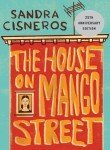
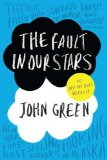
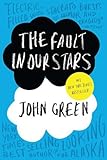
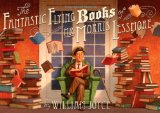




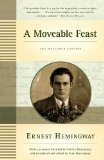

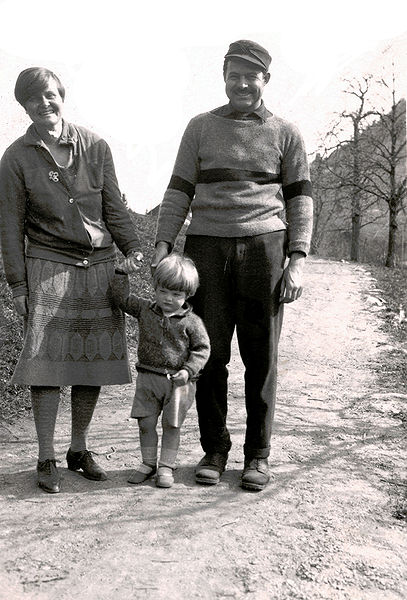

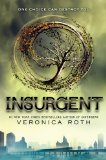


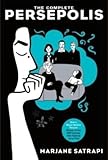

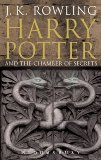


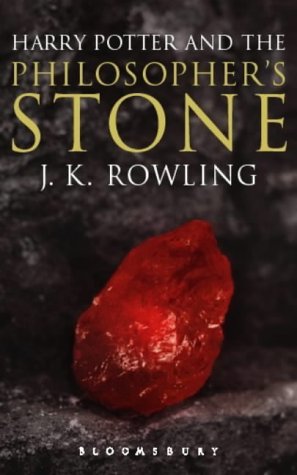
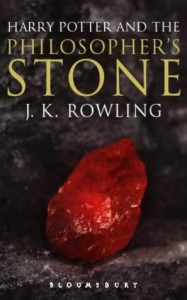 A friend of mine gave me the wonderful gift of all of the Harry Potter books in e-book format. I just reread the first on my Kindle, and I must say that visiting Harry Potter’s wizarding world feels as comfortable as curling up under a warm blanket, snug against the cold. I realized on this reading that I have much of the book memorized at this point, but this was the first time I read the British version, Harry Potter and the Philosopher’s Stone. My friend managed to get the British versions of the books for me, and after reading just this one, I much prefer the British versions. I have always thought the American title for this book was foolish dumbing-down for Americans, as though Americans couldn’t be expected to be familiar with the Philosopher’s Stone. I remember being confused when I first read it, thinking that the Sorcerer’s Stone sounded a lot like the Philosopher’s Stone, and wondering why Rowling didn’t use that term, only to find out she did, but that her American editors changed it. Grrr.
A friend of mine gave me the wonderful gift of all of the Harry Potter books in e-book format. I just reread the first on my Kindle, and I must say that visiting Harry Potter’s wizarding world feels as comfortable as curling up under a warm blanket, snug against the cold. I realized on this reading that I have much of the book memorized at this point, but this was the first time I read the British version, Harry Potter and the Philosopher’s Stone. My friend managed to get the British versions of the books for me, and after reading just this one, I much prefer the British versions. I have always thought the American title for this book was foolish dumbing-down for Americans, as though Americans couldn’t be expected to be familiar with the Philosopher’s Stone. I remember being confused when I first read it, thinking that the Sorcerer’s Stone sounded a lot like the Philosopher’s Stone, and wondering why Rowling didn’t use that term, only to find out she did, but that her American editors changed it. Grrr.
